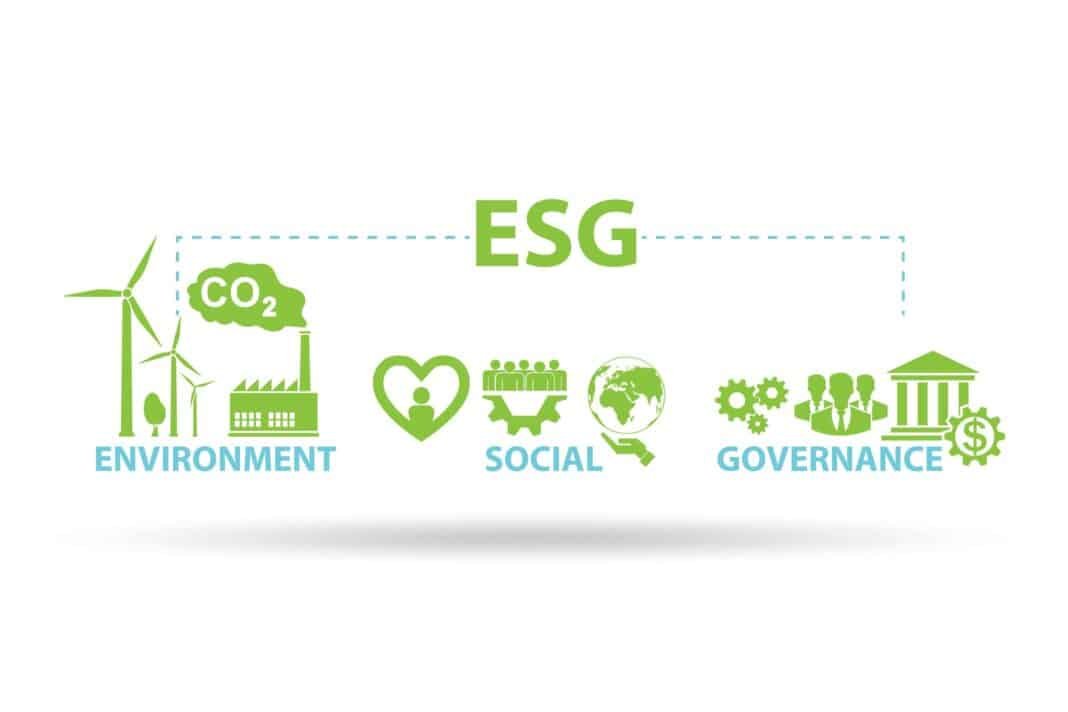The meteoric rise in ESG related debt is creating some accounting problems. Advocates are now urging for more regulations and rules with the increasing demand for ESG bonds.
Environmental, Social, and Governance (ESG) bonds are debt instrument that has socially-responsible and environmentally-friendly criteria (such as low carbon emissions).
This affects the borrowing rate, the higher the ESG criteria the lower the interest rate.
According to Moody’s, the ESG bond market is poised to hit $1.4 trillion in 2022.
But the accounting rules for determining liabilities and assets are not keeping pace with the booming market.
The ESMA (European Securities and Markets Authority) found that many firms are applying different valuation models to their assets and liability.
This has the potential to “negatively affect the decision-making of financial market participants and thus the efficient functioning of capital markets” ESMA told Bloomberg.
ESMA expressed concerns that existing plans by the International Accounting Standards Board (IASB) to oversee the market are not moving fast enough.
Many are asking for specific guidelines for valuing financial instruments whose interest rates change based on environmental, and social targets.
Most banks want IASB to adopt a standard that’s based on valuing an asset at a so-called “amortized cost”.
They say that using the “fair value” model can put risks making profit and loss statements more volatile.
Bloomberg found that back in September 2021, more than 25% contained no penalty for missing their ESG goals, and only a marginal discount if targets are met.

